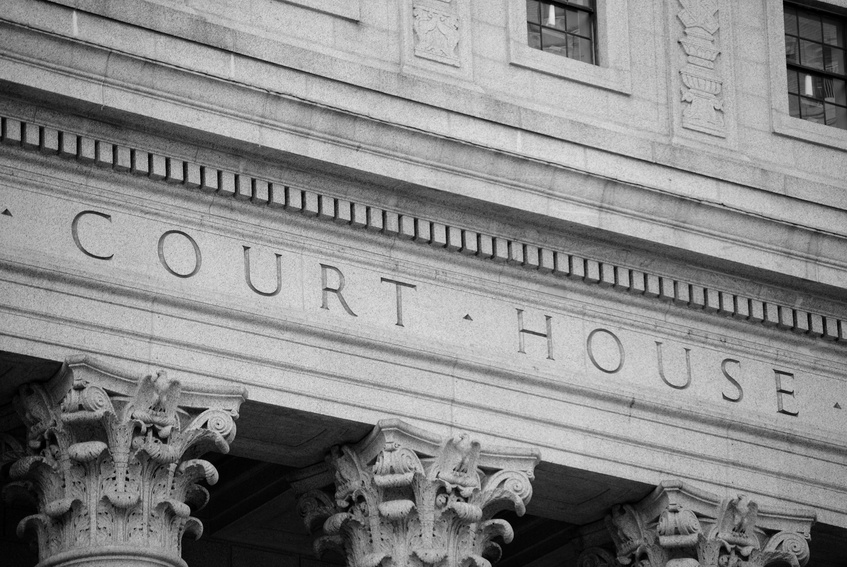
It is in your best interest to give our skilled Bergen County criminal defense attorneys to learn more about your rights against self-incrimination and pleading the fifth. Read on to learn more:
In complement to the right against self-incrimination, the provisions of the Fifth Amendment provide multiple vital protections for Americans, including the right to stay silent while in police custody, writs of habeas corpus, and double jeopardy protection. According to the United States Constitution, this freedom, where: “[No person]…shall be compelled in any criminal case to be a witness against himself…” But, just like with most other constitutional rights, it can be subject to change by courts.
The right against self-incrimination started in 17th-century England with the Puritans’ rejection of collaboration with interrogators. Some were coerced or tortured into disclosing their religious identity and were found guilty if they remained silent. English law provided its citizens the right against self-incrimination in the mid-1600s when a revolution established greater parliamentary power.
After escaping religious persecution, the Puritans brought this concept to America, where it would eventually become codified in the Bill of Rights. Today, courts have selected the right against self-incrimination to incorporate a testimonial or communicative proof at police interrogations and legal proceedings.
Keep in mind that the Fifth Amendment provides a criminal defendant the right not to testify. This implies that the prosecutor, the judge, and even the defendant’s own lawyer cannot compel the defendant to take the witness stand against their will. However, a defendant who does choose to testify is incapable to decide to reply some questions but not others. After the defendant takes the witness stand, this particular Fifth Amendment right is considered waived throughout the trial.
In the event that a criminal defendant pleads the Fifth, jurors are not allowed to take the refusal to testify into consideration when deciding whether a defendant is guilty or not guilty.
Not that it is not just the defendant who profits from the Fifth Amendment right not to testify in a criminal trial. Witnesses who are summoned to the witness stand can refuse to respond to certain questions if answering would involve them in any kind of criminal activity. Witnesses and defendants in organized crime trials usually will decide to plead the Fifth.
You will want to recognize that with the collection of DNA or fingerprints for a criminal case, the Fifth Amendment right against self-incrimination is not applicable. This is because the Supreme Court has chosen to extend this only to communicative evidence, and DNA and fingerprint evidence are deemed non-testimonial.
Do not wait to reach out to our legal team today if you have further questions or concerns about your Fifth Amendment right against self-incrimination or if you require competent legal representation.
© 2025 The Law Office of Kevin T. Conway. All rights reserved.